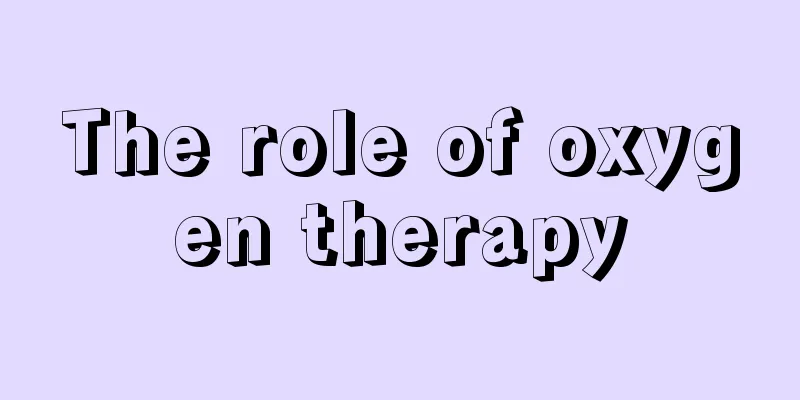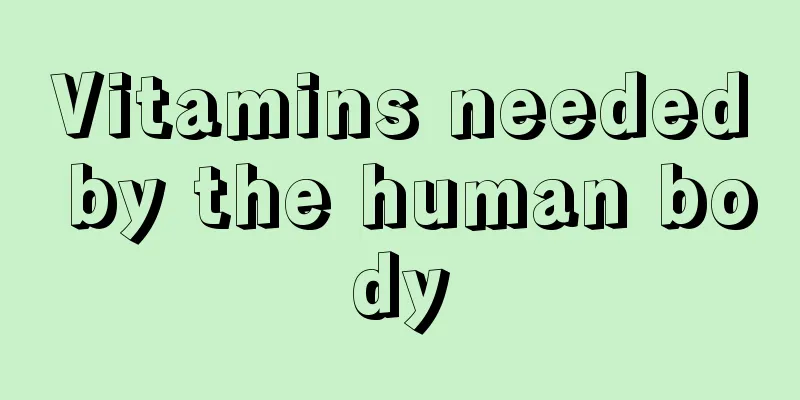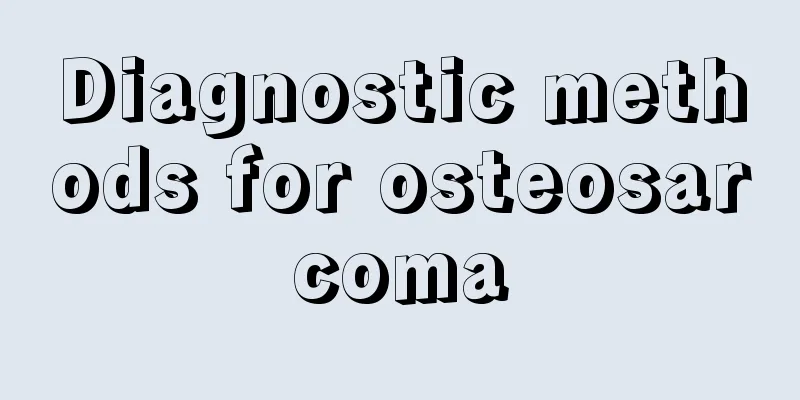The role of oxygen therapy

|
Oxygen therapy is a relatively common treatment technology at present. It mainly causes discomfort, pain and burning sensation under the sternum, and the respiratory system will continue to accelerate. Severe patients will have symptoms of dry cough. In terms of treatment, it is necessary to have relevant understanding and knowledge of the patient's physical constitution, and to know the true meaning of the problem, so that we can understand and treat it more intuitively. Common side effects of oxygen therapy include: 1. Oxygen poisoning: It is characterized by changes in the lung parenchyma. The main symptoms include discomfort, pain, and burning sensation under the sternum, followed by increased breathing, nausea, vomiting, irritability, and dry cough. Preventive measures include avoiding long-term, high-concentration oxygen therapy and performing blood gas analysis frequently, and dynamically observing the therapeutic effect of oxygen therapy. 2. Atelectasis: After inhaling high-concentration oxygen, a large amount of nitrogen in the alveoli is replaced. Once the bronchus is blocked, the oxygen in the alveoli is rapidly absorbed by the pulmonary circulation, causing inhalation atelectasis. The main symptoms are irritability, increased breathing and heart rate, increased blood pressure, followed by difficulty breathing, cyanosis, and coma. Preventive measures: Encourage patients to take deep breaths, cough more often and change lying position and posture frequently to prevent blockage of secretions. 3. Dry respiratory secretions: humidification and atomization inhalation should be strengthened. Oxygen is a dry gas and can dry out the respiratory mucosa when inhaled. The main symptoms are thick respiratory secretions that are difficult to cough up and impair ciliary motility. Precautions: Oxygen must be humidified before inhalation to reduce irritation. 4. Hyperplasia of posterior lens fibrous tissue: only seen in newborns, more common in premature infants. The main symptoms are retinal vasoconstriction, retinal fibrosis, and finally irreversible blindness. Preventive measures should control oxygen concentration and oxygen inhalation time. 5. Respiratory depression: seen in patients with type II respiratory failure (decreased PaO2, increased PaCO2). Since PaCO2 remains at a high level for a long time, the respiratory center loses its sensitivity to carbon dioxide, and respiratory regulation mainly relies on the stimulation of hypoxia on the peripheral chemoreceptors. Inhalation of high-concentration oxygen relieves the stimulating effect of hypoxia on respiration, aggravates the depression of the respiratory center, and even causes respiratory arrest. The main symptom is respiratory depression. Preventive measures: Patients with type II respiratory failure should be given low-concentration, low-flow (1-2 L/min) oxygen to maintain PaO2 at 8 kPa. |
>>: Side effects of thread embedding
Recommend
What to do if nipple pimples are very painful
Female friends will be very nervous when they fin...
Are little red ants harmful to humans?
We all know ants. Ants are the most united race a...
What impact does ovarian tumor have on human life span
Ovarian tumors are common gynecological malignanc...
How to relieve the acute stage of lumbar disc herniation?
The health of the waist has a great impact on peo...
Can collagen be injected for skin whitening?
Collagen is a common beauty technology. First of ...
How long does it take to treat anti-sperm antibodies
Many women with fertility problems will have the ...
What are the early symptoms of colorectal cancer?
Cancer treatment experts say that colorectal canc...
My chin feels swollen
The chin is an important component of the human f...
How to turn grey hair black
We often see people with white hair in our lives....
How do families preserve ginger?
If ginger is not used for a long time, it may los...
How to prevent esophageal cancer and stomach cancer
Esophageal cancer and gastric cancer have placed ...
What are the acupuncture points for abdominal weight loss
Now that living standards are gradually improving...
What are the hazards of double eyelid surgery to the eyes
Female friends who love beauty will choose plasti...
What is the reason for eyelash loss? It turns out that they are the cause
Many female friends suddenly experience eyelash l...
How does traditional Chinese medicine treat gastric cancer? Regulate through three methods
Traditional Chinese medicine plays a very positiv...









